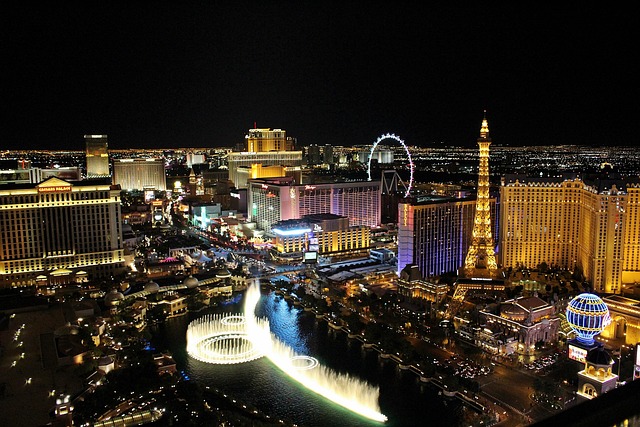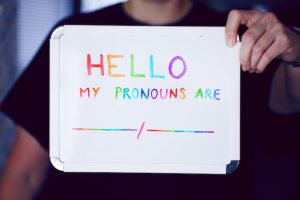
Black pioneers, both past and present, have made lasting contributions to gambling culture, infrastructure, and policy. Their work spans from early underground lotteries to modern tech-driven betting spaces like the online casinos reviewed by Online-Casinos.com. Read on to learn more about them and the stories often left out of the mainstream narrative.
A Legacy Rooted in Resilience
Before formal casinos lined Las Vegas or betting apps filled smartphones, many Black communities had already built their own gambling economies. Among the most prominent examples was the numbers game, an informal lottery system deeply embedded in urban centers like Harlem during the early 20th century. These operations generated community wealth, funded local businesses, and created jobs in neighborhoods shut out of conventional economic systems. Some other popular games were:
- T onk
- Bridge
- Spades
One of the most compelling figures from this era was Stephanie St. Clair, known as “Harlem’s Policy Queen”. She ran a multimillion-dollar numbers operation in the 1920s and 30s and used her influence to advocate for Black economic independence. Her resistance against mafia control and corrupt policing wasn’t just about business—it was about sovereignty.
Pushing Through Industry Barriers
The formalization and regulation of gambling did not erase Black involvement—but it made it harder for many to access the same opportunities. Licensing restrictions, capital requirements, and corporate gatekeeping have long limited entry. Yet some individuals managed to carve out a space for themselves and others throughout history. Some of those notable trailblazers include:
- R eggie Jones-Sawyer: California Assemblymember and legislative advocate for inclusive gambling policies.
- Don Barden: Owner of three “Fitzgerald’s” casinos, later expanded his empire with more casinos.
- John “Mushmouth” Johnson: Owned a gambling house and was a partner in the Frontenac Club.
- Melonie Johnson: Became the first black president and COO of MGM Resorts International’s casinos.
Shaping Culture Through Digital Spaces
While physical casinos have been slow to diversify their leadership, online platforms have given rise to a new generation of Black creators shaping gambling culture through content and commentary. On Twitch, YouTube, and TikTok, black streamers regularly review games, discuss odds, and share their own strategies, but not always with the same backing from sponsors or platforms.
Organizations such as Gameheads and Black Gamblers Anonymous aim to change that. They support digital creators, advocate for harm reduction in gambling, and encourage equity in tech-related betting ventures.
Why Representation Still Matters
Representation in gambling is more than a numbers game. It affects who controls narratives, who sets policy, and who profits from expansion. As more U.S. states legalize sports betting and more African nations invest in gambling infrastructure, equity is becoming a global question—not just a local one. Here’s what meaningful change might look like:
- T ransparent licensing processes that remove unnecessary financial barriers
- Targeted investment in Black-owned gambling startups
- Mentorship pipelines for Black professionals in gaming law, operations, and tech
- Media accountability for representation in gambling-related content
- Historical recognition of Black contributions to gambling culture
These actions aren’t about symbolic inclusion but building a future rooted in shared access and economic justice. The Black trailblazers of gambling didn’t just change games. They changed the rules.




